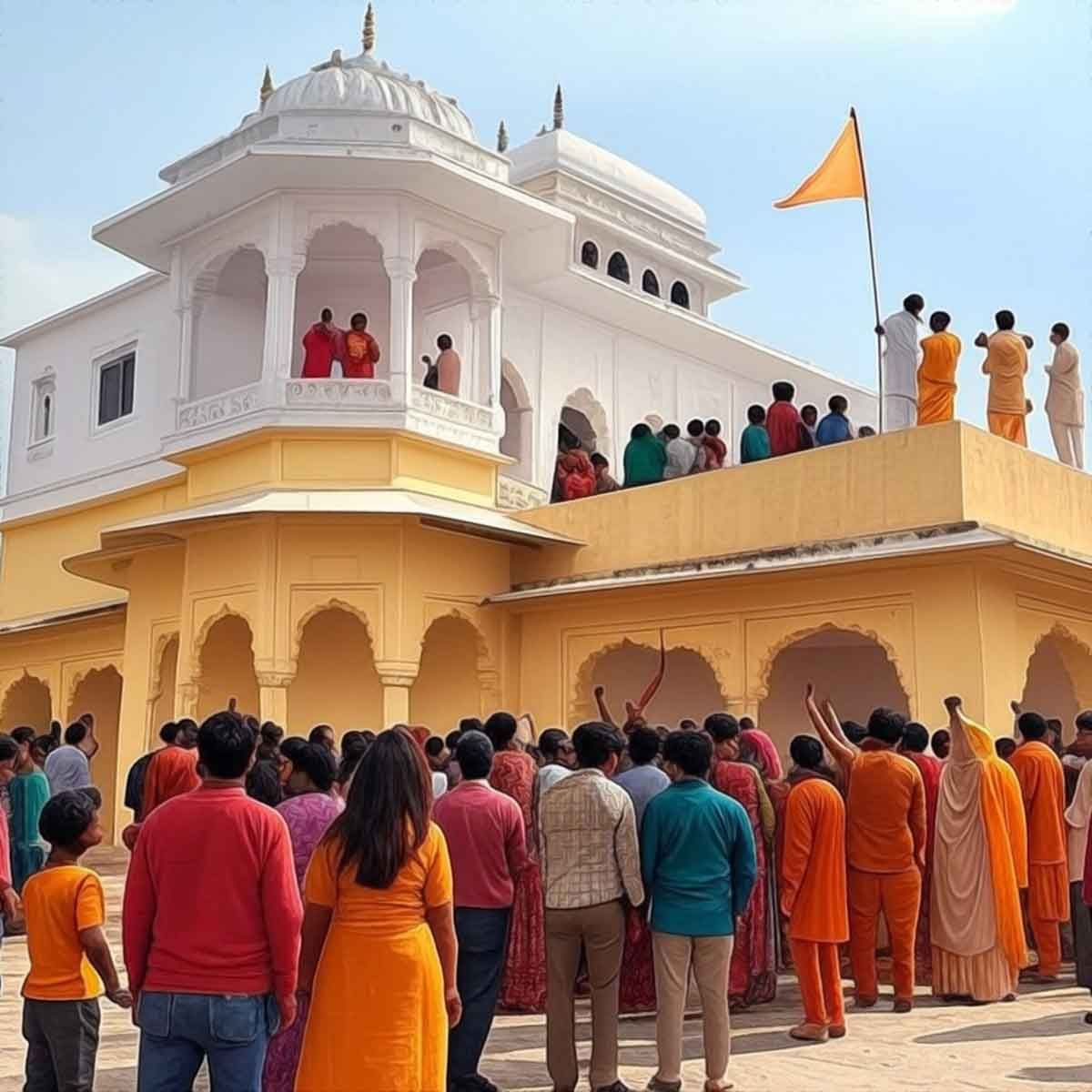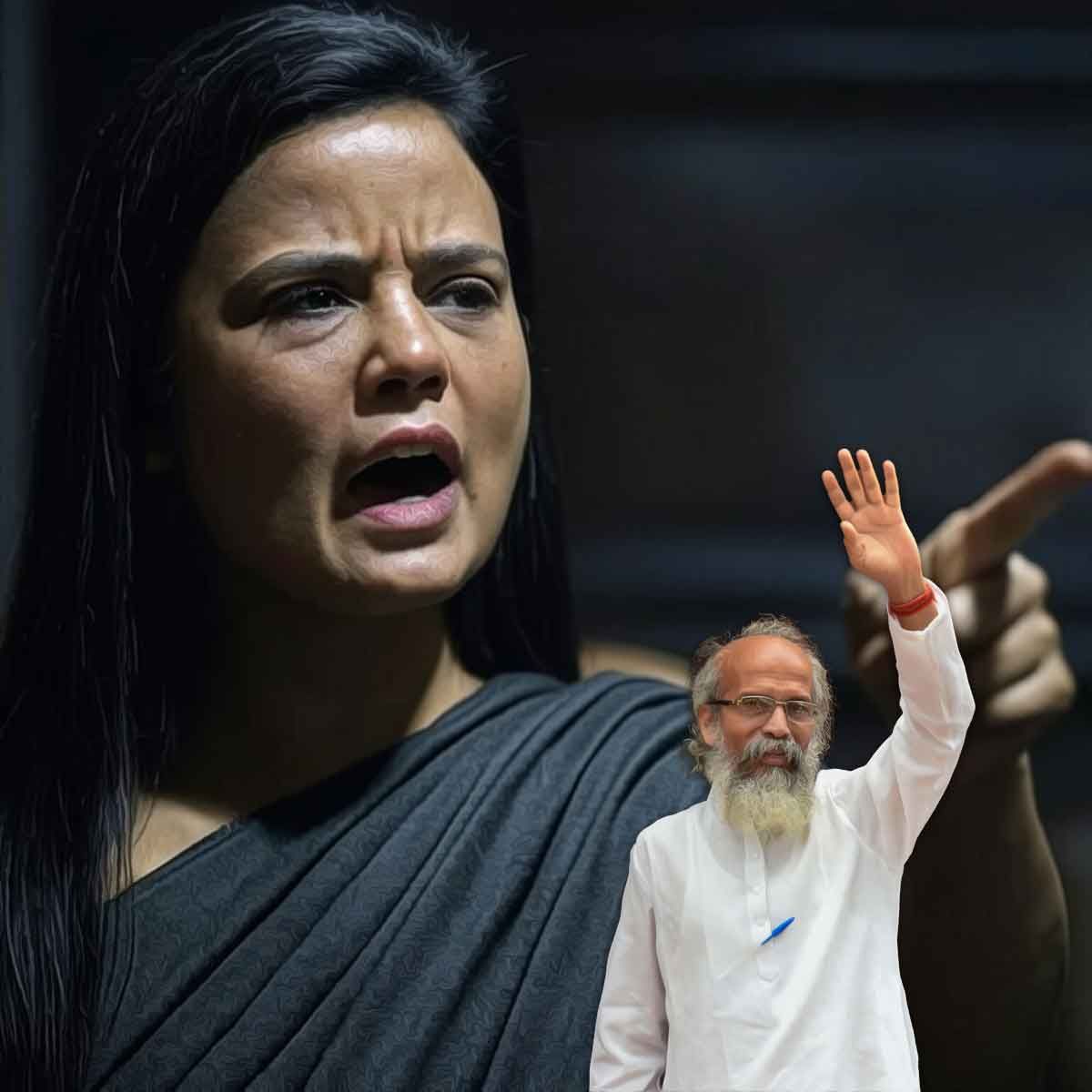More Coverage
Twitter Coverage
JOIN SATYAAGRAH SOCIAL MEDIA
Supreme Court of India Justice Nagarathna ~ Hate Speech denies human beings the Right to Dignity, and a greater responsibility is cast upon public functionaries and celebrities against vitriolic statements owing to their position

The Supreme Court Constitution Bench has held by way of a majority that statements made by a Minister, even if traceable to any affairs of state, cannot be attributed vicariously to the government. Justice Nagarathna, who was also a part of the constitution bench, though held that greater restriction cannot be imposed on free speech, she has added that in case a Minister makes disparaging statements in his "official capacity", then such statements can be vicariously attributed to the government ~ Synopsis
|
While observing that in a human-dignity-based democracy, freedom of speech and expression must be exercised in a manner that would protect and promote the rights of fellow-citizens, Justice BV Nagarathan has held that hate speech, whatever its content may be, denies human beings the right to dignity.
In India, human dignity is not only a value but a right that is enforceable, the Supreme Court judge has added while penning down her separate views in the Supreme Court's recent decision wherein it held that no additional restrictions, other than those prescribed under Article 19(2) of the Constitution, can be imposed on the freedom of speech of MPs and MLAs and other public functionaries.
Noting that the term ‘hate speech’ does not find a specific place in Article 19(2) of the Constitution and it does not constitute a specific exception to the freedom of speech and expression under Article 19(1)(a), Justice Nagarathna has observed,
"Possibly the framers of the Constitution did not find the same to be of relevance in the Indian social mosaic considering that the other cherished values of our Constitution such as fraternity and dignity of the individual would be strong factors which would negate any form of hate speech to be uttered in our Country."
Justice Nagarathna has further opined that public functionaries and other persons of influence and celebrities, having regard to their reach, real or apparent authority and the impact they wield on the public or on a certain section thereof, owe a duty to the citizenry at large to be more responsible and restrained in their speech.
"They are required to understand and measure their words, having regard to the likely consequences thereof on public sentiment and behaviour, and also be aware of the example they are setting for fellow citizens to follow....While there are no infallible rules that can be formulated by the Court to define the precise threshold of acceptable speech, every citizen’s conscious attempt to abide by the Constitutional values, and to preserve in letter and spirit the culture contemplated under the Constitution will significantly contribute in eliminating instances of 71 societal discord, friction and disharmony, on account of disparaging, vitriolic and derogatory speech, particularly when made by public functionaries and/or public figures....", it has been added.
|
In reference to the concept of tortious liability of the government when disparaging remarks are made by Ministers, the judge has held that if fundamental rights have been violated, and if the court is satisfied that the grievance of the petitioner is well founded, it may grant the relief by enforcing a person’s fundamental right. Such relief may be in the form of monetary compensation/damages.
Justice Nagarathna has further added that the Parliament in its wisdom must enact a legislation or code to restrain, citizens in general and public functionaries, in particular, from making disparaging or vitriolic remarks against fellow citizens, having regard to the strict parameters of Article 19(2) and bearing in mind the freedom under Article 19(1) (a) of the Constitution of India.
She has added that respective political parties should regulate and control the actions and speech of its functionaries and members. This could be through enactment of a Code of Conduct which would prescribe 121 the limits of permissible speech by functionaries and members of the respective political parties, she has said.
"Any citizen, who is prejudiced by any form of attack, as a result of speech/expression through any medium, targeted against her/him or by speech which constitutes ‘hate speech’ or any species thereof, whether such attack or speech is by a public functionary or otherwise, may approach the Court of Law under Criminal and Civil statutes and seek appropriate remedies. Whenever permissible, civil remedies in the nature of declaratory remedies, injunctions as well as pecuniary damages may be awarded as prescribed under the relevant statutes....", the judgment adds.
Case Title: Kaushal Kishore vs. State of UP
References:
 Support Us
Support Us
Satyagraha was born from the heart of our land, with an undying aim to unveil the true essence of Bharat. It seeks to illuminate the hidden tales of our valiant freedom fighters and the rich chronicles that haven't yet sung their complete melody in the mainstream.
While platforms like NDTV and 'The Wire' effortlessly garner funds under the banner of safeguarding democracy, we at Satyagraha walk a different path. Our strength and resonance come from you. In this journey to weave a stronger Bharat, every little contribution amplifies our voice. Let's come together, contribute as you can, and champion the true spirit of our nation.
 |  |  |
| ICICI Bank of Satyaagrah | Razorpay Bank of Satyaagrah | PayPal Bank of Satyaagrah - For International Payments |
If all above doesn't work, then try the LINK below:
Please share the article on other platforms
DISCLAIMER: The author is solely responsible for the views expressed in this article. The author carries the responsibility for citing and/or licensing of images utilized within the text. The website also frequently uses non-commercial images for representational purposes only in line with the article. We are not responsible for the authenticity of such images. If some images have a copyright issue, we request the person/entity to contact us at This email address is being protected from spambots. You need JavaScript enabled to view it. and we will take the necessary actions to resolve the issue.
Related Articles
- "Access is vital in lobbying. If you can't get in your door, you can't make your case": CJI Chandrachud removed justice MR Shah from the bench hearing forced conversion for not succumbing to lobby's pressure, was scheduled for Feb, now listed on Jan 16
- In a court case involving rioting, arson, and vandalism during Patidar quota agitation, Gujarat Congress’ president Hardik Patel gets a stay from Supreme Court so he can contest elections: Patel was sentenced to two years in jail
- SC bench of Justices Chandrachud and AS Bopanna rules in favor of Muslim petitioner: “Don’t exclude non-Hindus from auction process for shop leases in temple”
- "A benefit is estimated according to the mind of the giver": Supreme Court rewarded series of privileges to retired CJIs, most notable are entitlement to domestic help, chauffeur and secretarial assistant for life, commencing from their date of retirement
- "Action speaks louder than words": Amidst rising tension in Manipur, the Supreme Court steps in, forming an all-women judicial committee to ensure justice. While incidents in other states might be overlooked, Manipur won't be left in the shadows
- “Man cannot be freed by the same injustice that enslaved it”: Supreme Court stays Uttarakhand High Court order on Haldwani eviction, and disapproved the manner in which eviction was sought to be carried out by the Indian Railways, urges rehabilitation
- Controversial Marxist leader Brinda Karat reaches Jahangirpuri to implement Supreme Court order, fanatic Leftist journos outrage over order not being followed immediately and took to Twitter to attack NDMC officials
- In another shocker, Supreme Court quotes 'every sinner has a future' and commutes death sentence of Mohd Firoz for rape & murder of 4-year-old girl: Child brutally assaulted, two teeth broken while smothering after rape
- Why Hindus not claiming their temples back from the Government control: Is pro-Hindu govt will always be in power
- Husband submitted that his wife living separately for 10 years, she implicated false 498-A IPC, in which he was acquitted, and prayed for divorce on ground of mental cruelty: Court concurred disputes not serious






















